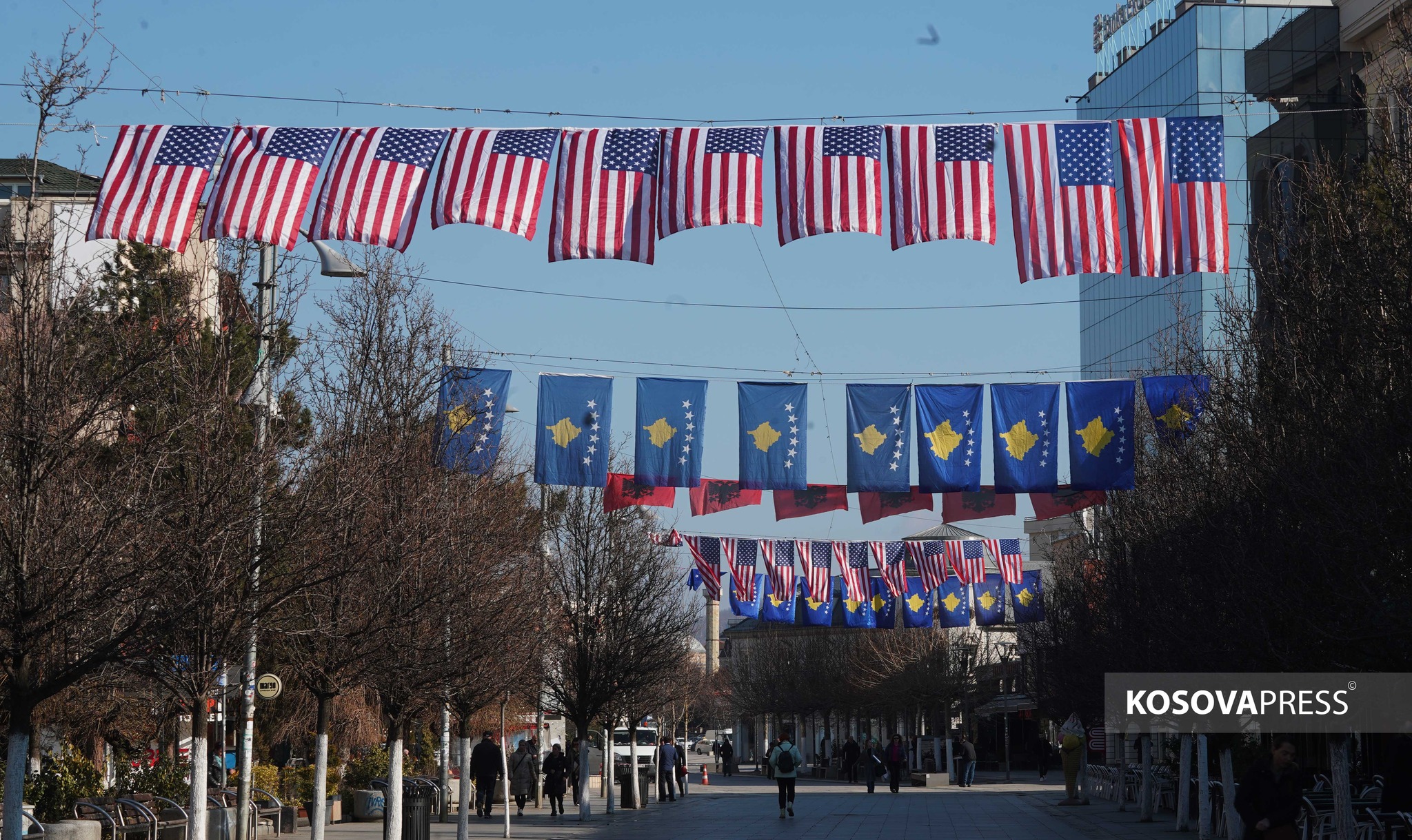
The Declaration of Independence of Kosovo was made on February 17, 2008 at 15:39 in the Assembly of the Republic of Kosovo in Prishtina. In an extraordinary meeting attended by 109 out of a total of 120 MPs, the Assembly of Kosovo unanimously declared Kosovo an independent, sovereign, and democratic state.
The legality of Kosovo's Declaration of Independence has been a controversial topic for some time. Serbia opposing the Declaration of Independence of Kosovo sought evaluation of the international validity and support for its position, allegedly that the Declaration of Independence of Kosovo was illegal.
Following this development, in October 2008, Serbia requested an advisory opinion by the International Court of Justice. On July 22, 2010, the International Court of Justice, through an Advisory Decision, reconfirmed that Kosovo's Declaration of Independence did not violate any article of International Law.
Since June 13, 1999, when the Serbian forces were forced to leave Kosovo, this country was administered by the United Nations Organization Mission - UNMIK and the Self-Governing Institutions of Kosovo: the Assembly, the President and the Government.
Even though Serbia had no control over Kosovo, in the resolution 1244 of the Security Council, several times it was mentioned that Kosovo is a protectorate of the UN, but legally part of the Federal Republic of Yugoslavia.
The Declaration of Kosovo's Independence was made by the then Prime Minister of Kosovo, Hashim Thaçi, the members of the Assembly of Kosovo, and the President of Kosovo, at the meeting held in Prishtina on February 17, 2008.
"We, the leaders of our people, democratically elected, through this Declaration declare Kosovo an independent and sovereign state. This announcement reflects the will of our people and is in full compliance with the recommendations of the Special Envoy of the United Nations, Martti Ahtisaari, and his Comprehensive Proposal for the Settlement of the Status of Kosovo", said the statement signed by the participating MPs.
Following a request from Russia, the United Nations Security Council held an emergency session on the afternoon of February 17. The Secretary General of the United Nations, Ban Ki-Moon, issued a neutral statement asking all parties to "refrain from any actions and statements that may endanger peace, incite violence or endanger security in Kosovo or the region".
Speaking on behalf of six countries - Belgium, Croatia, France, Germany, Italy and the United States - the Belgian ambassador expressed regret "that the Security Council cannot agree on the way forward, but this deadlock has been very clear for some month. Today's events represent the culmination of a status quo process that has exhausted all avenues in pursuit of a negotiated outcome."

